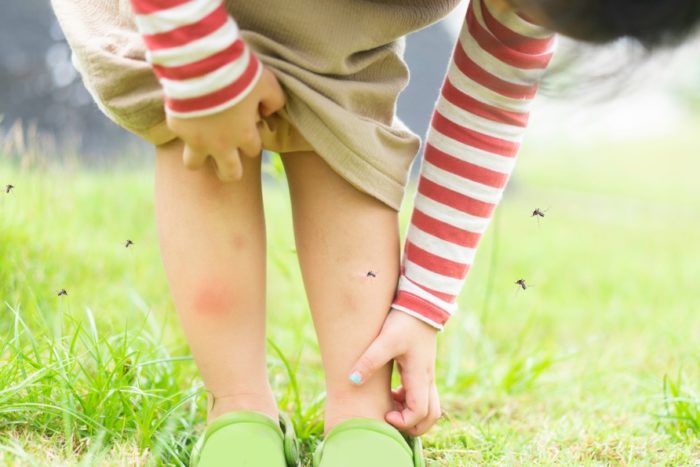Should I Test My Child for Allergies?

Spring is here, and with it comes the “seasonal colds” and allergies. Symptoms are often similar, but the causes and treatments can vary greatly, which makes it important to know the difference. So how do you tell? Here are some ways to determine if your child has a cold or allergies, so you can always feel confident that you are making the right decision when it comes to their health.
Cold & Child Allergy Similarities:
- Both allergies and colds tend to come with runny noses and lots of sneezing.
- You may also see nasal congestion or even some chest congestion when one is suffering from either condition.
- Another thing that makes it difficult to tell the difference between allergies or a cold is the fact that both may be accompanied by coughing.
- You might see a sore throat with allergies, although this is more rare than with a cold.
- Reddish eyes, also called conjunctivitis or pink eye can occur due to allergies or a cold.
Cold & Child Allergy Differences:
- How long did it take for symptoms to set in? Sudden symptoms are more likely to be caused by allergies, while symptoms that come on gradually tend to indicate a cold.
- Are your child’s eyes itchy or watery? This is a clear sign of allergies.
- How long have the symptoms lasted? Allergies can last much longer than the typical 7-10 days you would see with a cold. This is due to the fact that the allergens are not likely to go away that quickly.
- Do they have a fever? Generally, running a fever indicates a cold rather than allergies.
- Do the symptoms seem to appear at a similar time every year? This can be a clear indicator of allergies.
- A sore throat can occur with allergies, but is far more common when a child has a cold.
- Another difference is that body aches can be rather common with a cold and do not occur when someone is suffering from allergies.
- Allergies might also cause a person’s skin to dry out and become itchy, also known as eczema.
What to Do For Child Allergies:
Once you determine that your child does, indeed, have allergies, there are several things that you can try.
- Try an over-the-counter decongestant. This can help with many allergy symptoms.
- Antihistamine pills or liquid can help with many of the symptoms.These block the effects of histamine, the compound that causes allergies.
- Nasal steroid sprays. You may need to use a spray to decrease the inflammation in your child’s nose. This can help tremendously with congestion.
- If these options do not work, your doctor may recommend long-term allergy shots. Similar to the idea of vaccinations, these contain small amounts of the allergen, given at regular intervals over several months. The goal of this type of treatment is to get one’s body accustomed to the allergen, so the reaction becomes less severe over time.
If symptoms last longer than two weeks, it is important that you take your child to the doctor. Your doctor will be able to identify the triggers with a skin or serum test and develop a customized plan to get them back to their normal, rambunctious selves as quickly as possible.


Leave a Comment